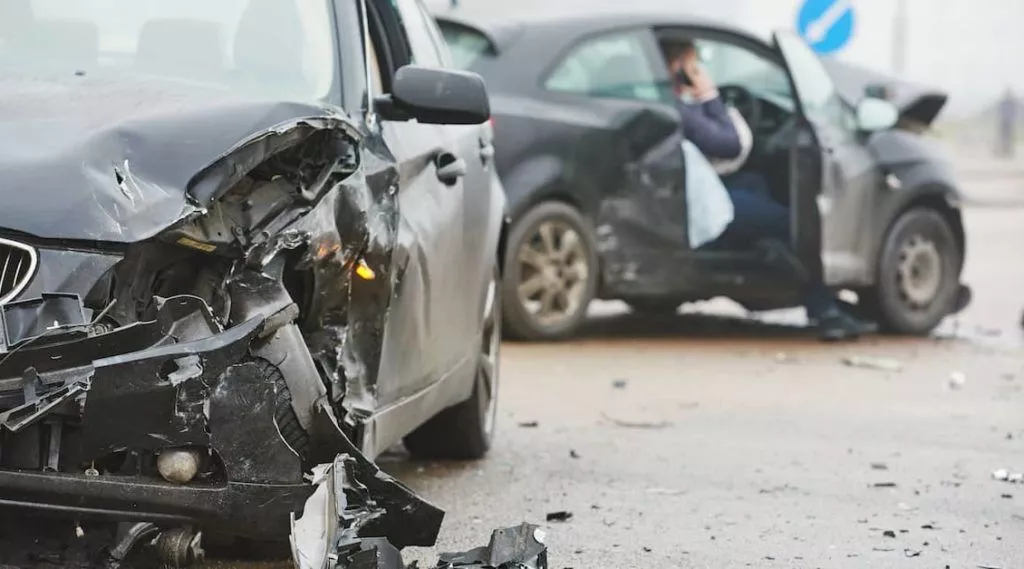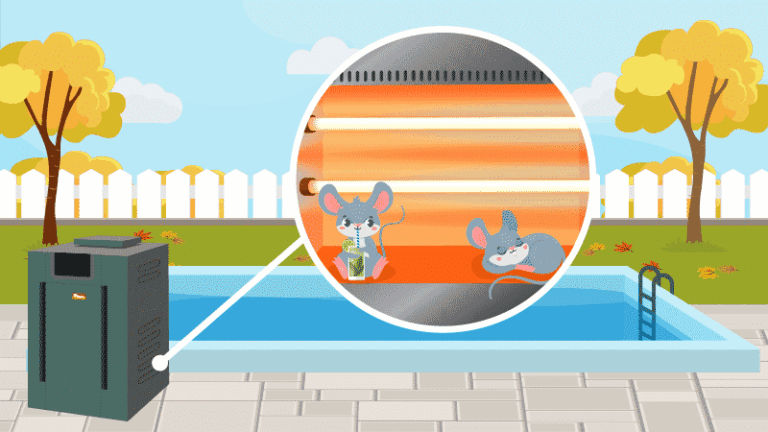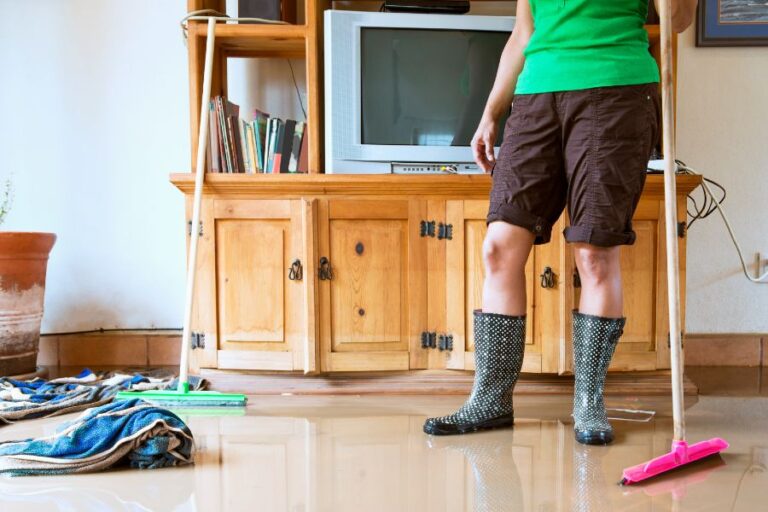It is advisable to call the police even if the accident seems minor. This will guarantee that an official accident report is created and kept on record, which will be required by your insurance company.
Also, never admit to fault at the scene of the crash. It can be used against you later.
Contacting the police after any car accident, regardless of its apparent severity, is crucial. This ensures the creation of an official accident report, essential for insurance claims. Moreover, it’s vital never to admit fault at the scene as it could be used against you in the future. Remember, staying composed and cooperative while gathering necessary information, such as contact details of witnesses and involved parties, can greatly assist your case. Promptly report the incident to your insurance company and seek legal advice if needed to protect your rights and interests effectively.
Report the Accident to the Police
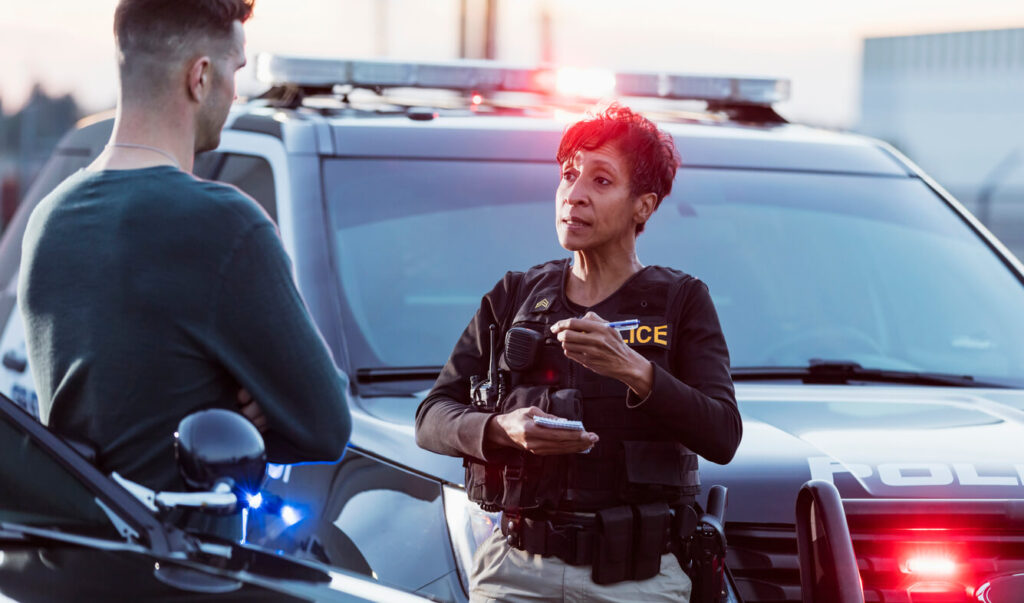
A car accident report is the most important evidence you can have in a car accident case. It documents the physical evidence at the crash scene if there were witnesses, and an officer’s opinion on who caused the accident.
Even if you do not believe the crash was your fault, it is a good idea to report the accident to the police. Ensuring a comprehensive investigation is conducted can assist in identifying the responsible party, which may prove useful if pursuing legal action about the accident.
While waiting for the police to arrive, document the accident scene with photos and videos. Be especially careful to capture any visible damage to the cars involved and skid marks on the road. This information can be extremely valuable if the other driver tries to change their story later.
Reporting the accident to the police is crucial as it provides essential evidence for any car accident case. The report includes details of the crash scene, potential witnesses, and the officer’s assessment of fault. Even if you believe you aren’t at fault, reporting the incident helps in a thorough investigation, identifying the responsible party, and supporting any legal action you might take. While waiting for the police, take photos and videos of the scene, focusing on car damage and skid marks, as these details can be invaluable should the other driver alter their account later. Prompt reporting and documentation enhance your chances of a fair resolution.
Contact Your Insurance Company
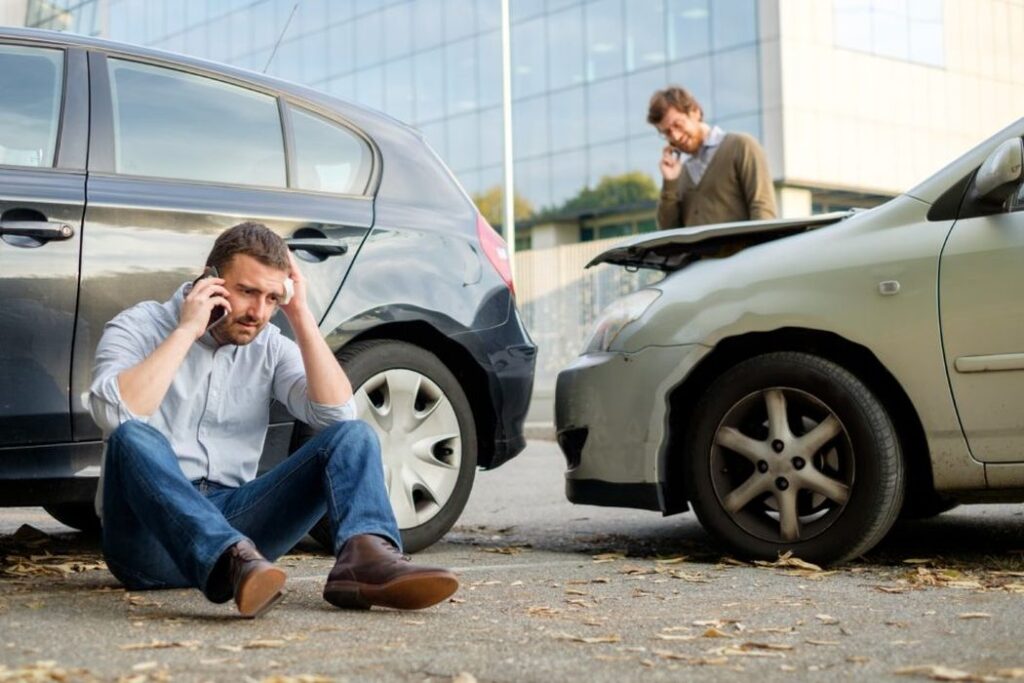
Taking pictures of the accident site and any property damage can be very helpful to your insurance company and will paint an accurate picture of what occurred. Take photos from multiple angles, as well as video.
It is best to avoid talking to the other driver’s insurance adjuster unless you have your lawyer present. The other insurance adjuster’s primary goal is to pay you as little money as possible if any at all. They are trained to look for evidence that could hurt your case.
Also, some insurance companies will ask you to sign releases allowing them to get your medical records and other records from before the crash. This is a red flag, and you should first consult with your car accident attorney before signing a release. For instance, some medical records are irrelevant to the crash. In addition, your car accident injury doctor should explain the full extent of any injuries to you and the other driver’s insurer.
Exchange Information with the Other Driver
This one seems obvious, but ensuring you get the other driver’s full name is important – especially as it appears on their insurance card and vehicle registration. It may seem like you are overly cautious, but it’s better to be safe than sorry. Inquiring about the other driver’s connection with their name is advisable. This will help establish the truth in case they attempt to shift the blame to someone else for the accident.
Using your smartphone, take pictures of the accident scene and damage to both vehicles. This will be very helpful for your case if the other driver denies what happened. If you cannot do this yourself, have a witness do it. This will prevent the other driver from changing his story to their insurance company, which could result in a denied claim or increased premium. It’s best to report any uncooperative drivers to the police so that they can investigate and file a report.
Contact a Lawyer
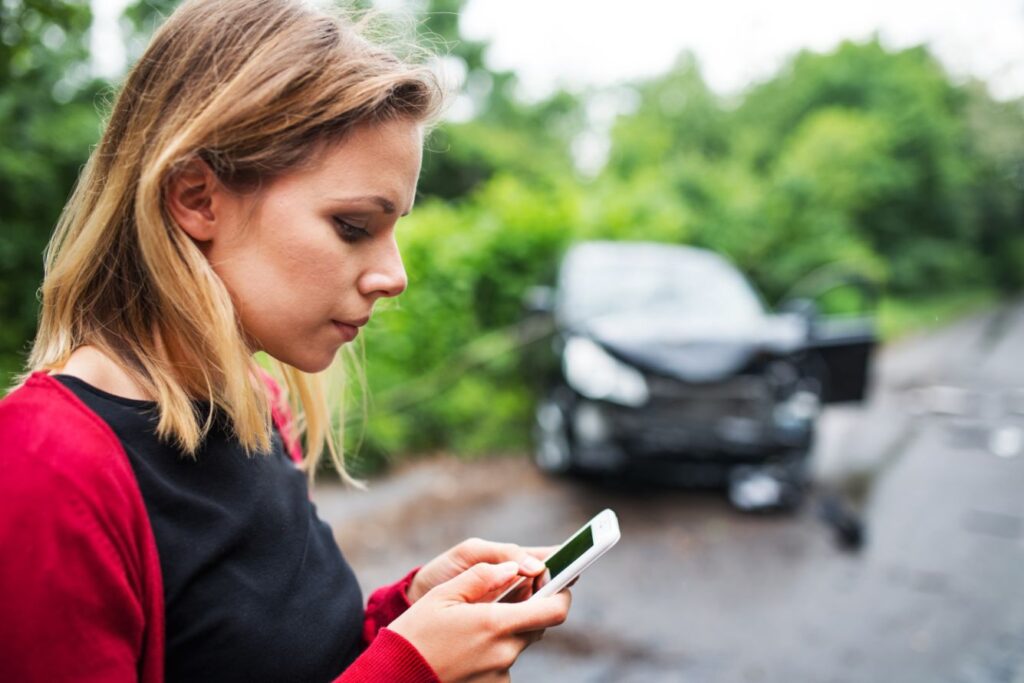
If you’ve been in an auto accident, it’s helpful to have an experienced lawyer to guide you through filing an insurance claim and potentially going to court. A knowledgeable personal injury attorney can also inform you of any time constraints, known as statutes of limitations, that may be relevant to your case.
If you can do so safely, talking to witnesses who saw the crash is helpful. Ask for their names and contact information, and note what they say. Witness testimony is often a key piece of evidence in car accident cases.
It is important to document the accident by taking pictures of the scene and the damage to your vehicle. These can help you remember important details later when memories start to fade. Lastly, be sure to get medical attention. Many injuries do not immediately manifest symptoms, and failing to seek medical care could lead to an even more serious condition. If you cannot afford treatment, your insurance policy’s personal injury protection may cover the expenses.
After an auto accident, contacting a lawyer can prove invaluable in navigating insurance claims and legal proceedings. A skilled personal injury attorney will also inform you about relevant time constraints, such as statutes of limitations. If possible, talk to witnesses and collect their contact information as their testimony can be crucial evidence. Documenting the scene and vehicle damage with photographs is essential for recalling vital details later. Additionally, seeking immediate medical attention is vital, as some injuries may not show symptoms immediately. If affording treatment is a concern, your insurance policy’s personal injury protection may cover the expenses.

